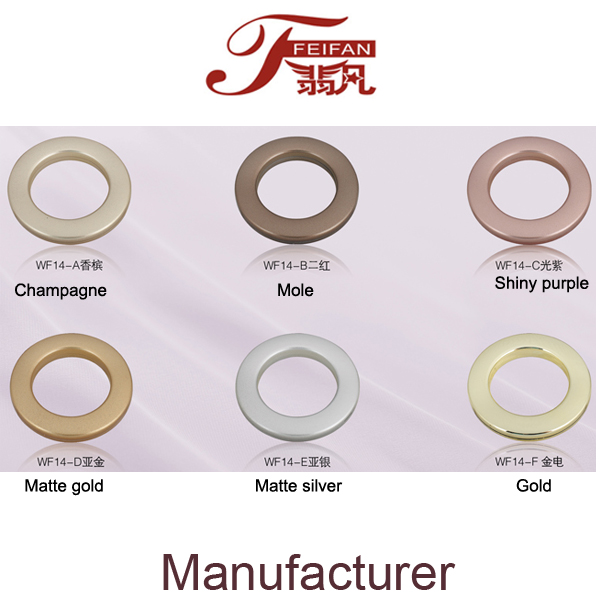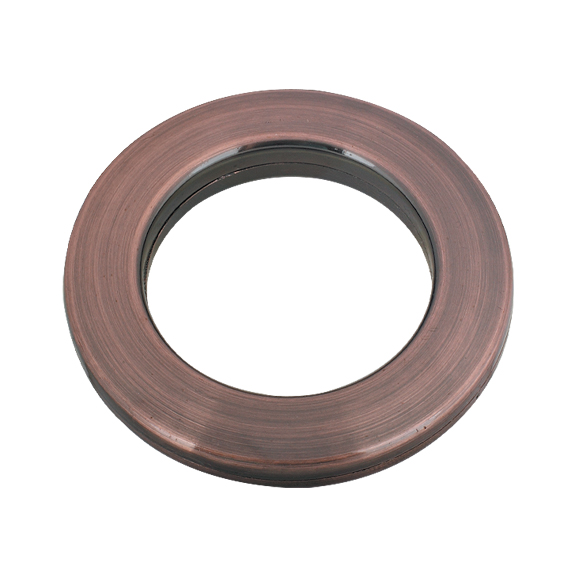For some Muslim women, choosing to stop wearing the hijab, or headscarf, can be a difficult decision to make.
They may face a backlash from their family or be shunned by their community. And in some countries, laws add to this pressure. Muslim Kids Dress

Iran's parliament has just passed a controversial bill that would significantly increase prison terms and fines for women and girls who break its strict dress code.
The bill - which needs the approval of constitutional watchdog the Guardian Council to become law - follows widespread protests at which women have taken to the streets and removed their hijabs.
They were sparked by the death of Mahsa Amini in morality police custody a year ago. She had been arrested for allegedly wearing her hijab too loosely.
For many of the approximately one billion Muslim women around the world, it is their choice to wear the hijab.
But for those who wish to take off their veil, it can take years to overcome the pressure and make that decision.
"My dream was to have one day a week when only women could go on to the streets and we could wear whatever we wanted," says Ribell, which is not her real name.
She was nine when her family, living in a town outside of Iran's capital Tehran, made her start wearing the chador. One of the most conservative types of hijab, the chador is a full-body cloak that is often accompanied by a smaller headscarf underneath.
From the age of six, her parents had been preparing her to start covering.
"They kept telling me that I would have to wear the hijab, that it is my duty to God, and if I refused, I would be eternally punished after my death - not to mention, that I would bring my parents into disrepute and upset them," she tells the BBC.
She says that as a child, she dreamt of wearing shorts and T-shirts.
Ribell is now 23 and has left Tehran to seek asylum in Turkey, where she works as a tattoo artist.
She remembers being terrified by what her parents had told her.
"I lived with this constant sense of guilt. I didn't know where it came from but it was there," she says.
She used to envy other girls she saw in her community who wore a less conservative type of hijab.
Wearing the hijab in public spaces in Iran is mandatory for women and girls as young as nine, but at home and at private gatherings many women choose not to cover their heads. Ribell's family was very religious and conservative.
"My mum would tell me not to show my bare arms or legs even in front of my brothers who were teenagers, because this might cause them to sin," she says.
When Ribell was 17, her parents enrolled her in an Islamic seminary for women.
"It was either that or I had to get married," she says.
She hated the seminary, she says, and found the curriculum prejudiced against women. It destroyed her belief in the hijab.
On the day she decided to quit, she wore a coat that ended just above her knee with a loose scarf, showing off chunks of her freshly dyed flaming red hair.
The headmistress of the seminary called her parents and told them not to allow her to walk the streets looking like "a prostitute", says Ribell.
Her grandmother called their home wishing my parents would "break my legs so I couldn't leave the house".
Ribell says her mother told her she wished "God would take my [Ribell's] life so our family wouldn't have to suffer so much".
As the abuse continued, Ribell tried to take her own life. She woke up in hospital after the attempt with her father standing over the bed, shouting at her.
Eventually she decided her only option was to leave Iran and go to Turkey, where hijabs are not mandatory and she can now live openly without one. She's no longer in touch with her family.
Ribell's story may be extreme, but it is not an isolated experience.
Even though her family wasn't as strict as Ribell's, it was still difficult for the Egyptian-American feminist activist and author Mona Eltahawy to take off her hijab.
She says she wore the hijab for nine years after moving to Saudi Arabia at the age of 15, and "spent eight of them trying to take it off".
One of the reasons it was so hard was because her family were opposed to her removing it.
"When I finally found the courage, I left the house [in Egypt] with the hijab half way across my head. I couldn't just take it all off," Mona says with a laugh.
She didn't feel comfortable going without a veil for a long while.
"It took me several years to be able to tell people that I used to wear the hijab, because I was so ashamed that I had taken it off," she says.
Mona, who wrote a book about women's rights over their bodies, Headscarves and Hymens, has been following the protests in Iran closely.
Women were seen taking off their hijab, burning it or swinging it in the air while chanting, "Woman. Life. Freedom."
Mona says that what is happening in Iran is more than just a call for political change.
"It is true that the state oppresses both men and women," she says, "but the street, state and home, all together oppress women and queer people, and the Iranian women's fight against mandatory hijab is a fight against all these three."
The BBC has spoken to a number of women inside Iran who come from religious and conservative families and say that after the recent uprising, their families have become supportive of their choice to take off their hijab.
One Muslim woman who found inspiration in the protests in Iran is Bella Hassan, a journalist with the BBC World Service.
She was born and raised in Mogadishu, the capital of Somalia, and had worn the hijab for most of her life.
In 2022, during the peak of the protests in Iran and after living in London for a year, she decided to remove it.
"I have a lot of Iranian friends and they kept me up to date with how women were standing up for their right to live how they want and that truly inspired me," she says.
"I thought: I am no longer in Mogadishu, I am in London. I have the freedom to do what I want."
Her family in Mogadishu was not happy with her decision to abandon the hijab but respected her choice.
As a BBC journalist, Bella is a recognisable figure in Somalia. The decision to take off her hijab caused a backlash and she wondered if she should have waited longer.
"I no longer feel accepted in my own community and I no longer feel that I am safe," she says.
"After I took off my hijab, I started getting death and rape threats from men. They were criticising me, slut shaming me - men I didn't know."
She adds: "There is no specific punishment for women who don't wear the hijab. It says in the Quran that God will deal with them, but Muslim men from my country decided to deal with me, instead of God."
In Somalia, Bella says that the hijab has very deep roots and many women who don't want to wear the hijab will simply never be able to take it off.
"I hope that one day the women in my country will have the courage and will to do what they want instead of just listening to what others want, especially men."
Iranian women face 10 years' jail under hijab bill
Iran's defiant women: 'I wear what I like now'
French shrug off Muslim upset at abaya ban in schools
Return of Iran's morality police met by defiance
Iran women defy car confiscation threat over hijabs
'A hijab doesn’t stop me from living my best life'
'When I received threats I knew my way was right'
Travis King in US custody after North Korea expulsion
The US defectors who became film stars in North Korea
Trump and Biden woo striking workers in preview of 2024
Armenians rush to help Karabakh ‘brothers and sisters’
Iraq wedding fire: 'It was like Hell's doors opened'
Could cannabis help with Ukraine's veteran crisis?
Young people sue 32 countries over climate change
'My dream was to wear whatever I wanted'
Fifa's name change to EA Sports FC is big gamble
The election with India and China on the ballot
Air India 1985 bombing back in news after Canada row
The costly economic practice here to stay
Are we at the brink of a 'bug-pocalypse'? Video Are we at the brink of a 'bug-pocalypse'?
A 'beach towel revolt' sweeping Greece
The rise of 'finfluencers'

curtain eyelet © 2023 BBC. The BBC is not responsible for the content of external sites. Read about our approach to external linking.